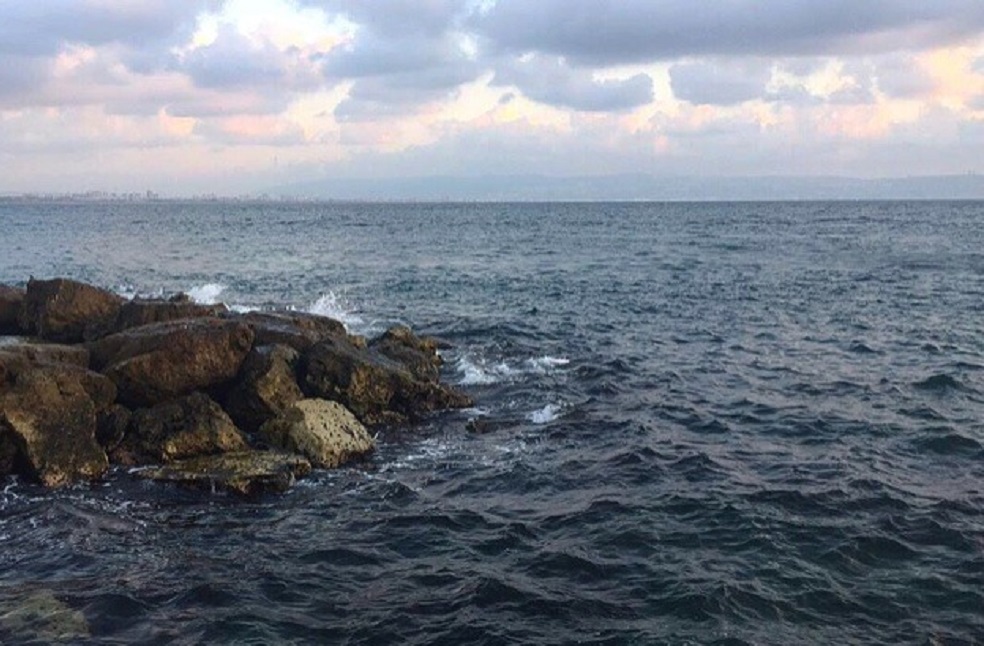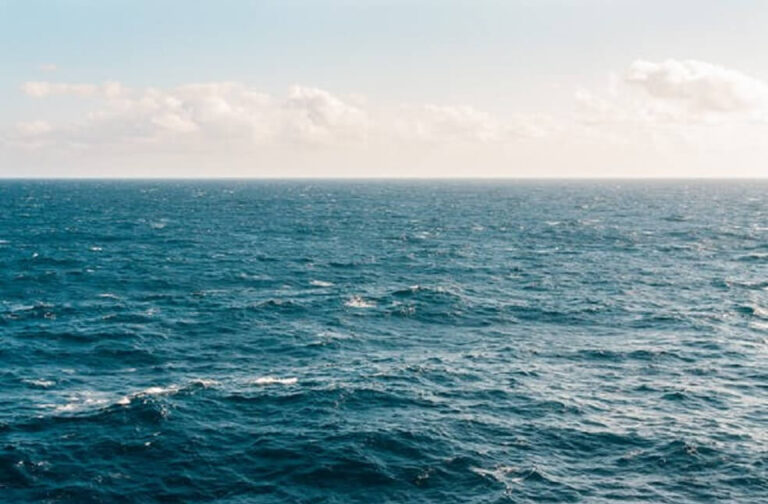United States: The United Nations (UN) has adopted the first-ever international treaty to govern the high seas and protect remote ecosystems vital to humanity after more than 15 years of discussions.
UN Secretary-General Mr. Antonio Guterres hailed as a “historic achievement” the pact that will establish a legal framework to extend environmental protections to international waters, known as the high seas, which cover more than 60 percent of the earth’s surface.
“Climate change is disrupting weather patterns and ocean currents, raising sea temperatures, and altering marine ecosystems and the species living there,” Mr. Guterres stated, adding that marine biodiversity “is under attack from overfishing, overexploitation, and ocean acidification”.

“Over one-third of fish stocks are being harvested at unsustainable levels. And we are polluting our coastal waters with chemicals, plastics, and human waste,” the UN chief added.
In March, the member states of the United Nations finally reached an agreement on the treaty’s text, and Secretary-General Guterres urged all nations to make every effort to ensure its prompt signing and ratification. Officially known as the Treaty on Biodiversity Beyond National Jurisdiction, it falls under the UN Convention on the Law of the Sea, which came into force in 1994.
During the annual gathering of global leaders at the UN General Assembly on September 20, the treaty will be available for signatures, and it will become operational once it is ratified by 60 countries.

A crucial aspect of the treaty is its ability to establish protected marine areas in international waters. Currently, only a small fraction of the high seas, approximately one percent, benefit from any form of conservation measures.
Furthermore, the treaty sets forth principles for the fair distribution of benefits derived from “marine genetic resources” (MGR) obtained through scientific research in international waters. This issue nearly derailed the last-minute negotiations in March.



